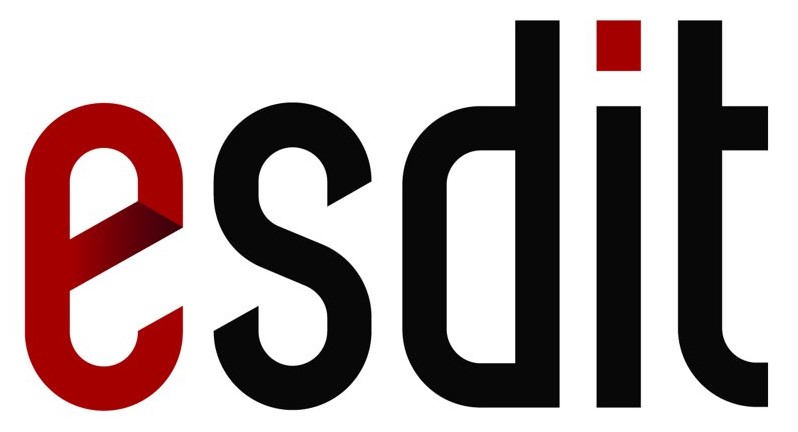ESDiT Publications
[tpcloud user="2,3,4,5,6,7,22,23,24,26,28" image="left" image_size="120" author="101, 102, 103, 104, 105, 106, 107, 108, 109, 111, 112, 113, 114, 115, 116, 117, 118, 119, 120, 122, 125, 127, 128, 129, 130, 131, 133, 134, 135, 136, 137, 138, 139, 141, 143, 144, 145, 146, 147, 148, 149, 150, 151, 152, 153, 154, 155, 156, 157, 158, 159, 161, 162, 163, 165, 166, 167, 168, 169, 170, 172, 173, 174, 175, 176, 179, 180, 182, 183, 184, 186, 187, 188, 189, 190, 191, 192, 193, 194, 195, 198, 207, 225, 272, 273, 357, 398, 636, 641, 658, 660, 779" exclude="41"]
